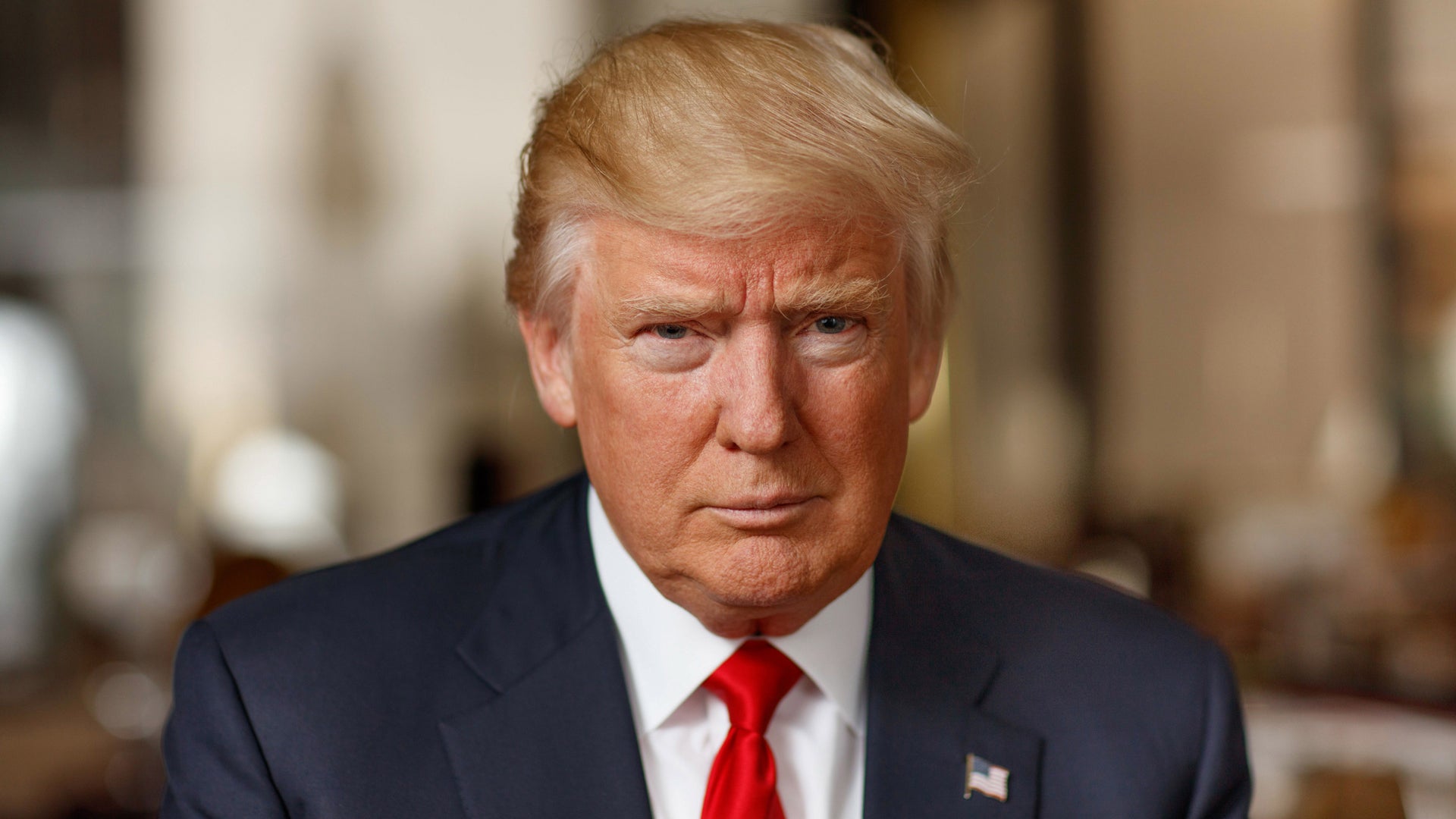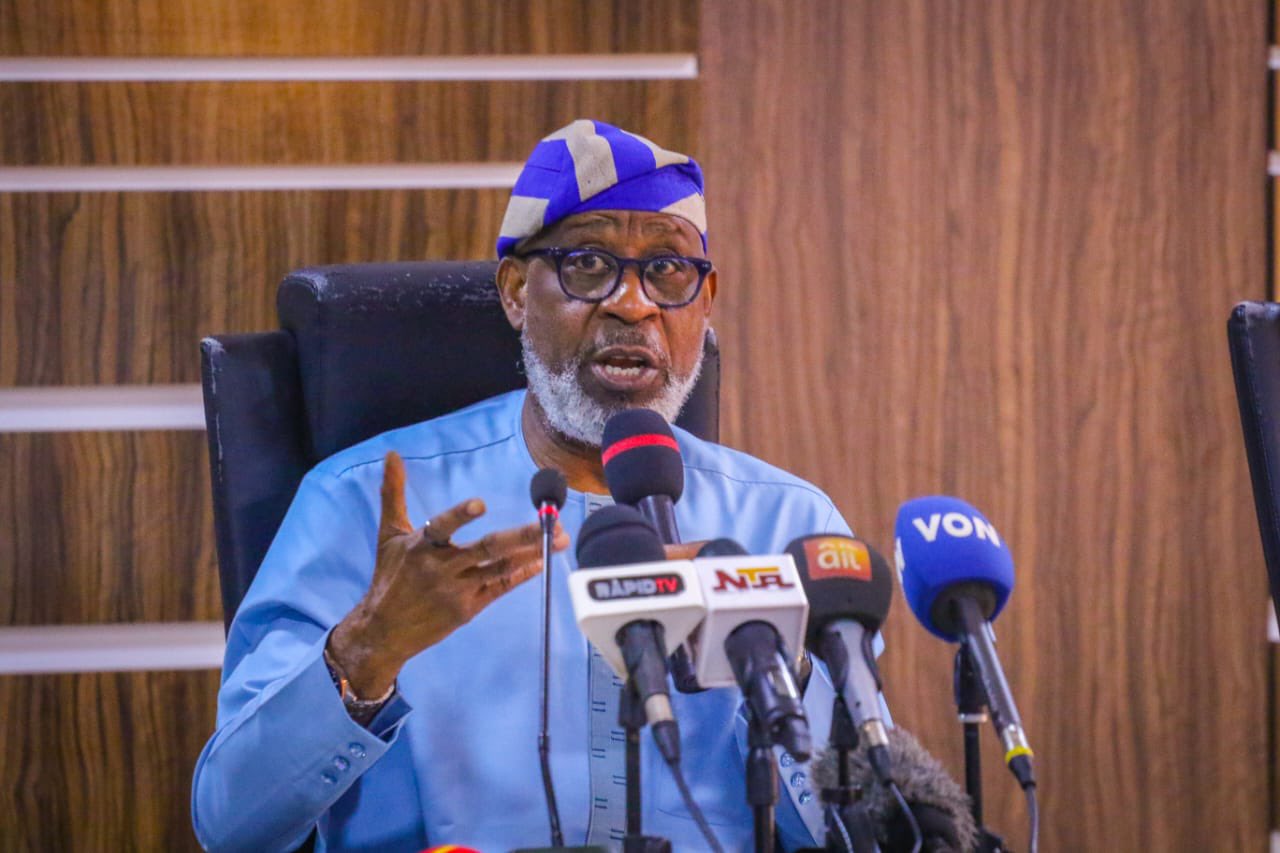In Nigeria’s oil industry, where a dark squall of inefficiency and opacity had long devastated its vast reserves, the appointment of Mr. Bayo Bashir Ojulari as the new Group Chief Executive Officer of the Nigerian National Petroleum Company Limited is not a random administrative shuffle, but the placement of a round peg in a round hole and a decisive stroke that may yet redeem the country’s petroleum behemoth, Lanre Alfred writes
The NNPCL has been a paradox for decades—an institution saddled with immense potential, yet shackled by mismanagement and public distrust. It has danced on the edges of reform but often retreated into the old, stifling waltz of bureaucracy and scandal. In its opaque chambers, where decisions of national consequence are made, the air has too often been thick with secrecy, and the corridors lined with inefficiency. The Nigerian people, weary from the ceaseless cycle of fuel scarcity, subsidy controversies, and crude oil theft, have long yearned for a different reality—one that brokers a new wave of transparency, innovation, and economic renaissance. In Ojulari, there is the promise of a virtuoso capable of midwifing such a reality.
The road ahead is rugged, paved with the jagged stones of diachronic inertia and institutional decay. At the heart of this burden is the trust deficit, an abyss widened by years of opaque dealings and a perception of the NNPCL as an impregnable fortress of vested interests. For Ojulari, this is the melting pot in which his legacy will be forged. He must not merely oversee a petroleum corporation; he must orchestrate its rebirth. He must, like an alchemist of industry, transmute leaden inefficiencies into golden dividends.
To do so, he must begin where many before him have faltered—by building bridges where walls once stood. The NNPCL’s labyrinthine structure must be untangled, its operations made not only efficient but also accessible to the common Nigerian. He must shatter the long-standing perception of NNPCL as a cloistered citadel of privilege and instead transform it into a responsive and accountable institution.
Ojulari’s pedigree suggests he is equal to the task.
Interestingly, his tenure at Shell Petroleum Development Company of Nigeria, and later at Renaissance Africa Energy Company, has been one of precision, methodical excellence and leadership.
The Nigerian oil sector is undergoing a seismic shift—fossil fuels are inching towards obsolescence in the face of global energy transitions, and the urgency of gas commercialisation has never been more pronounced. Ojulari must navigate these tides with the dexterity of an oilman and the vision of a statesman. The Petroleum Industry Act, 2021, is his compass—an instrument of reform that, if wielded with precision, can chart a new course for Nigeria’s oil fortunes.
On his watch, the NNPCL must cease to be a playground for the few and become a source of prosperity for the many. It must embody the very essence of national pride, reflecting efficiency, integrity, and a renewed commitment to economic revitalisation.
Shedding the Cloak of Opacity
The incoming GCEO must immediately begin a process of institutional cleansing; not merely through audits and press briefings but through a deliberate transparency offensive.
Let there be monthly public disclosures of revenue, expenditure, and contracts. Let Nigerians see the numbers. The NNPCL must establish an online transparency dashboard where all its operational and financial data are uploaded in real-time. Beyond the figures, let human stories be told: the men who drill, the engineers who innovate, the communities affected. The NNPCL must stop being a mystery and start being a mirror.
Managing the Post-Subsidy Economy
The phantom of petrol subsidy—long a tool of political manipulation and fiscal recklessness—has finally been exorcised. But in its wake lies a nation in pain. The sudden rise in fuel costs has shrunk household incomes and widened inequality. The NNPCL must become the conscience of this transition.
The new boss must design and deploy a national buffer framework: invest in direct palliative support mechanisms, such as mass transit systems, conditional cash transfers, and targeted fuel rebates for critical sectors like agriculture and education. These are not charity; they are economic shock absorbers, temporary scaffolds as the nation adjusts to a new pricing reality.
Modular refineries must be supported with funding, licensing, and infrastructure. Bureaucratic bottlenecks that frustrate refinery licensing must be surgically removed. The GCEO must drive a public education campaign that demystifies the subsidy removal and explains its long-term benefits.
Embracing Energy Transition
The incoming GCEO must urgently develop a roadmap for decarbonisation and gas commercialisation.
This transition must begin with gas. Nigeria sits atop over 200 trillion cubic feet of natural gas—yet millions cook with firewood. The NNPCL must democratise access to gas infrastructure. Subsidised LPG kits must reach rural homes. Gas pipelines must snake across the nation, not just to urban centers but to forgotten hinterlands. Where pipelines are impractical, virtual pipelines—through road or rail—must be deployed.
At the same time, the GCEO must launch the “Solar for Sovereignty” program—a partnership with renewable energy firms to power schools, markets, and hospitals in underserved areas with solar microgrids. Let energy become a right, not a luxury. Let every watt of light represent a promise kept. Moreover, the NNPCL must champion climate financing. By aligning with international green funds and carbon credit markets, the company can transform climate compliance into an economic opportunity, not a cost.
Local Content, Global Vision: Human Capital and Indigenous Capacity
The NNPCL must become a cradle for indigenous expertise and homegrown innovation. The new GCEO must revive and expand the Petroleum Training Institute (PTI), the Nigerian Petroleum Development Company (NPDC), and similar institutions to not only train a new cadre of oil professionals but to birth a culture of research, invention, and industrialisation.
From pipeline welding to artificial intelligence for reservoir management, Nigeria must build local content into its bones. No major oil contract should be awarded without a mandatory skills transfer component. Nigerian engineers must be at the center of the industry’s technical evolution.
Institutional Rebirth: Governance, Compliance, and Anti-Corruption
The incoming GCEO must entrench full compliance with the PIA’s provisions on governance, fiscal accountability, and host community relations. The creation of independent internal audit departments, whistleblower protection mechanisms, and open bidding for contracts must become sacrosanct.
No more sweetheart deals. No more faceless middlemen. The GCEO must carry the moral burden of saying no, even when it is politically inconvenient.
To govern oil in the 21st century, one must think like a technologist. The GCEO must also digitise every function of the NNPCL—from asset management to public engagement. Artificial intelligence, machine learning, big data—these are no longer optional luxuries, but strategic imperatives.
Let fuel stations be smart. Let supply chains be traceable. Let decision-making be data-driven, not rumor-laden. If the NNPCL is to become the envy of Africa, it must marry its mineral wealth with digital wisdom.
Host Communities and Environmental Justice: Oil Without Blood
The new GCEO must treat host communities not as irritants but as partners. The PIA’s Host Community Development Trusts must be fast-tracked, funded, and monitored with transparency.
The NNPCL must commit to environmental remediation, invest in healthcare, education, and clean water in producing areas, and establish a dialogue-based framework for conflict prevention.
The GCEO must pledge this: no community shall suffer for Nigeria’s oil wealth again. He must also acknowledge that a nation cannot grow when its lifeblood is siphoned off in the dead of night. Oil theft remains the bleeding ulcer of Nigeria’s petroleum industry. The GCEO must declare war—not with rhetoric, but with reform. A Joint Surveillance Task Force, composed of the military, local communities, and private security firms, must be formalised and equipped with drones, AI-based monitoring systems, and satellite imagery. This must be complemented by a national oil integrity database—tracking every drop, every flow, every route. The new GCEO must collaborate with tech firms and startups to develop predictive tools to detect and prevent vandalism before it occurs. The Nembe Creek Trunkline, the Trans-Niger Pipeline, and other key infrastructures must be technologically fortified. Blockchain technology should be explored for supply chain transparency. Every drop of crude must be accounted for, every barrel traced. A single leak is no longer just a financial loss—it is a moral indictment. In addition to surveillance, there must be swift legal enforcement. Oil thieves and their sponsors must be prosecuted publicly, not protected privately. The GCEO must inspire a climate of fear for saboteurs and a culture of patriotism for protectors.
A New Diplomacy: Reclaiming Nigeria’s Global Energy Relevance
The incoming GCEO must make the NNPCL a flagship of regional and global engagement. Let Nigeria lead the charge for an African Energy Market—a coordinated platform for oil and gas investment, pricing, and security.
Strategic partnerships with Saudi Aramco, Petrobras, and QatarEnergy must be explored. Nigeria must no longer come to the energy table as a beggar but as a broker. Let our crude be refined abroad under equitable swap agreements, not exploitative ones.
A permanent NNPCL Liaison Office should be established in key energy capitals: Riyadh, Beijing, London, and Houston. Nigeria must sell not just crude, but credibility.
The Human Burden: Leading with Compassion and Courage
The new GCEO must lead not from a swivel chair in Abuja, but from the trenches of empathy. Let him visit refineries, hold town halls with marketers, and speak with host communities.
Leadership is not command. It is communion.
This agenda is no hymn to idealism—it is a manifesto for survival.
As the new GCEO takes the saddle, the expectation is not managerial rotation—it is moral reawakening. The people no longer ask for miracles. They ask for sincerity, strategy, and sweat. For decades, the NNPCL has been a leaking cistern, brimming with corruption, inefficiency, and the silent sabotage of vested interests. The time has come to convert this symbol of national shame into a model of economic hope.
Hence the imperative for this blueprint of transformation. May it be seen and considered as a call to redemption and the recalibration of the corporate machinery and operations of the national oil corporation. This is, however, a humble but urgent suasion crafted in the interest of national progress, to serve as a balm on the soul of a wounded country begging to be healed.
The NNPCL is too vital to fail, too strategic to stumble, too sacred to be surrendered to corruption or complacency.
The new GCEO holds the rudder of Nigeria’s future. Let him steer with steel and soul, with strategy and sincerity. Let his name not be remembered for eloquence but for execution. Let the NNPCL become not merely a national oil company, but a symbol of what is possible when leadership rises to meet its moment.



